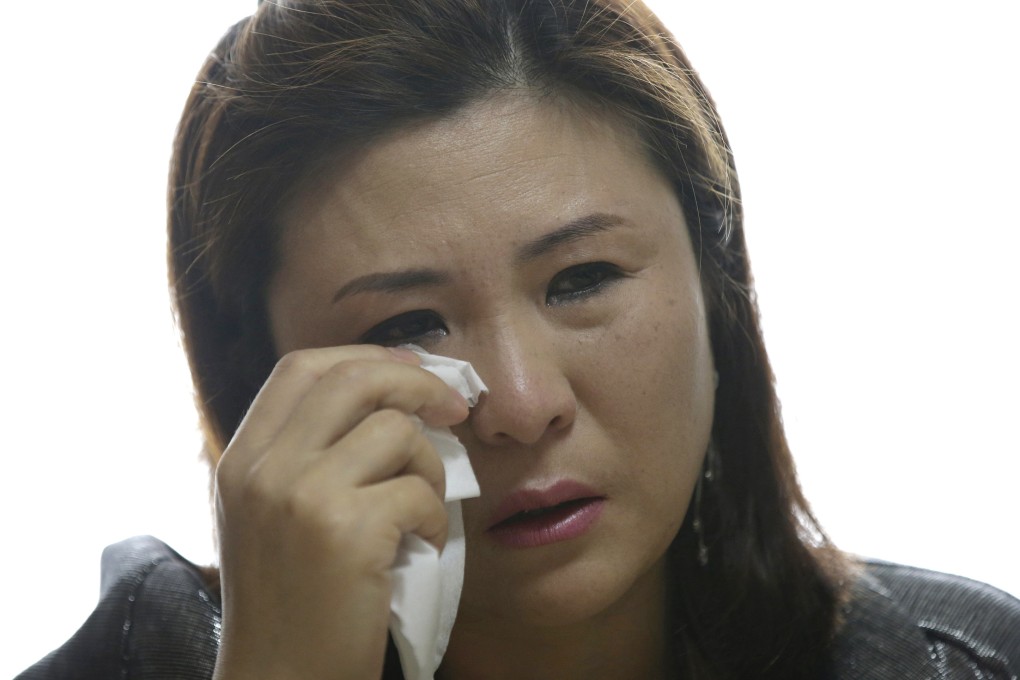New | ‘Sex for secrets’ North Korean ex-spy finds herself ostracised and jobless in South
Unlike other ex-spies and defectors, Won Jeong-hwa's allegedly lurid past has thrown her into a life of hardship

Once their espionage cases are resolved, some former North Korean spies find that life in the South can be pretty good. They write books, land television gigs, work for think tanks and in general benefit from their new home’s fascination with their old homeland.
Won Jeong-hwa is not one of those spies.
A year after finishing a five-year espionage sentence for using sex to obtain military secrets and plotting to assassinate intelligence officers, Won is a 40-year-old single mother eking out a living on an US$800 monthly government subsidy.
I’ve thought about killing myself many times
Her espionage work is not taken seriously enough in South Korea for her to cash in on her past, yet she’s also too notorious to find an ordinary job. She says she has been fired from several waitressing and cleaning jobs after employers learned about her past, which she had attempted to conceal.
“I’ve thought about killing myself many times,” Won said in an interview at her small apartment in Gunpo, just south of Seoul.
She has two big strikes against her. There are allegations that she was merely a low-level informant whose deeds were inflated by South Korean officials eager to make Pyongyang look bad, and by reporters digging for a sexy story. Additionally, the sexual nature of her crimes carries a stigma in this conservative country.
Won was imprisoned in 2008 after a court ruled that she posed as an ordinary North Korean defector, then used sex to extract secrets from South Korean military officers. The media began calling her “North Korea’s Mata Hari” in reference to an exotic dancer from the Netherlands who used sex to obtain military secrets during the first world war.